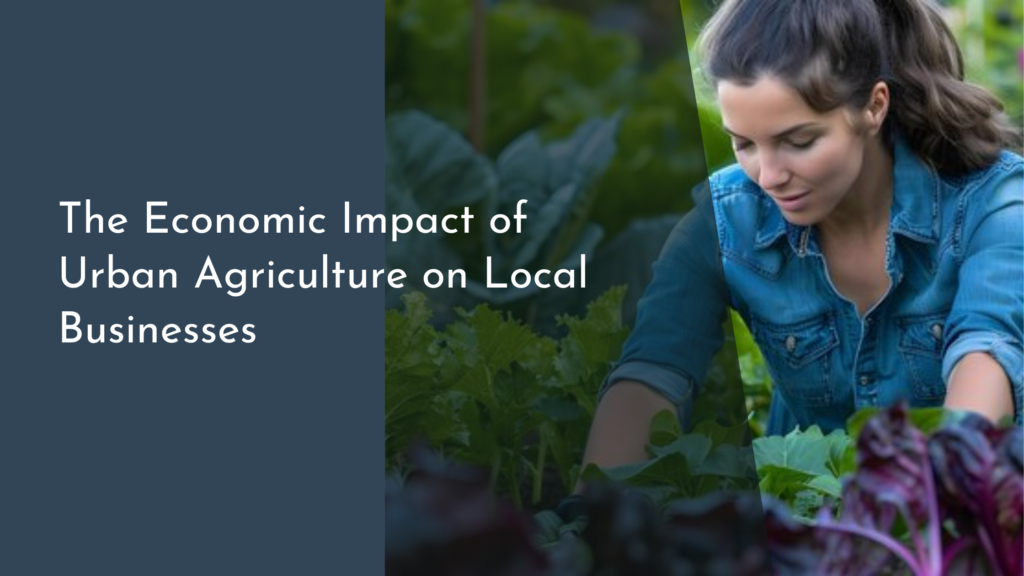Ethical Sourcing Certifications: What They Mean
In today’s global marketplace, consumers are increasingly seeking out products that align with their values, leading to a surge in interest around ethical sourcing certifications. These certifications serve as assurances that products are produced in ways that respect both people and the planet. Understanding what these certifications entail can empower consumers to make informed purchasing decisions that contribute to a more ethical and sustainable world. This article will delve into the essentials of ethical sourcing certifications, explore key standards, examine their impact on communities, and offer practical tips for navigating the label maze.
Understanding Ethical Sourcing Certifications
Ethical sourcing certifications are systems that verify whether products meet specific social, environmental, and economic standards. They are designed to ensure that products have been sourced in a manner that is not only sustainable but also equitable. These certifications typically encompass a thorough audit process, where various aspects of production—ranging from labor conditions to environmental impact—are assessed. By adhering to these standards, companies can demonstrate their commitment to ethical practices, which, in turn, helps consumers identify products that align with their values.
For businesses, acquiring ethical sourcing certifications can be a powerful tool for differentiation in a competitive market. It signals to consumers that the company is dedicated to sustainable and fair practices. Moreover, these certifications can improve trust and transparency with stakeholders, including investors and employees, by showcasing a commitment to corporate social responsibility. The pursuit of such certifications also encourages companies to continuously improve their practices, fostering innovation and promoting a more sustainable approach to business operations.
Key Certifications: An Overview of Standards
Among the myriad of ethical sourcing certifications available, several stand out for their widespread recognition and rigorous standards. Fair Trade Certification, for instance, ensures that producers in developing countries receive fair compensation and that their communities benefit from a portion of the profits. The Rainforest Alliance Certified seal emphasizes environmental sustainability, requiring farms and forests to adhere to stringent environmental, social, and economic criteria. Another important certification is the Global Organic Textile Standard (GOTS), which covers the entire supply chain for textiles, ensuring organic status and socially responsible manufacturing.
Each of these certifications has its own unique set of criteria and focus areas, making it essential for consumers to understand what each label represents. For example, Fair Trade Certification places a strong emphasis on the social and economic well-being of farmers, while the Rainforest Alliance focuses more on conserving biodiversity and ensuring sustainable livelihoods. Meanwhile, GOTS underscores the importance of organic production and ethical labor practices in the textile industry. By familiarizing themselves with the key distinctions and values of each certification, consumers can better align their purchases with their personal ethics and priorities.
The Impact of Ethical Sourcing on Communities
Ethical sourcing certifications can have profound positive impacts on communities, especially in developing regions. By ensuring fair wages and improving working conditions, these certifications help lift communities out of poverty and improve the quality of life for workers and their families. They also facilitate access to education and healthcare by channeling funds into community development projects. The empowerment of local communities fosters a sense of ownership and pride, encouraging sustainable economic growth and the preservation of cultural heritage.
Moreover, ethical sourcing plays a significant role in environmental conservation. Certifications often require producers to adopt sustainable practices that protect natural resources, reduce waste, and minimize carbon footprints. This environmental stewardship helps ensure the long-term viability of the land, which is vital for the communities that depend on it for their livelihoods. By promoting practices that are both economically and environmentally sustainable, ethical sourcing certifications contribute to the resilience and well-being of communities worldwide.
Navigating the Label Maze: Tips for Consumers
With a plethora of ethical sourcing certifications available, consumers can sometimes feel overwhelmed when trying to make sense of labels. The first step is to educate oneself about the most common certifications and what they stand for. Researching the issuing organizations and understanding the criteria they use can offer valuable insights into the values and commitments of the brands you choose to support. Websites and apps dedicated to ethical consumerism can also be helpful resources for simplifying this process.
Another tip is to prioritize certifications that align with your personal values and the specific issues you care about. Whether it’s fair wages, environmental sustainability, or organic production, knowing your priorities will help you make more targeted purchasing decisions. It’s also beneficial to stay informed about companies’ broader sustainability efforts, as many brands are committed to ethical practices even beyond what’s certified. By being a conscious consumer, you not only make more informed choices but also encourage companies to maintain high standards of ethical sourcing.
Ethical sourcing certifications represent a vital intersection between consumer demand and corporate responsibility. By understanding what these certifications mean, consumers can support practices that foster positive change in the world. As more individuals choose to prioritize ethical products, businesses are encouraged to raise their standards, ultimately leading to a more sustainable global economy. Navigating this landscape can be complex, but with knowledge and intention, we can all contribute to a future defined by fairness, sustainability, and integrity. So, the next time you’re shopping, take a moment to look for those certification labels and be part of the movement towards a more ethical world.

